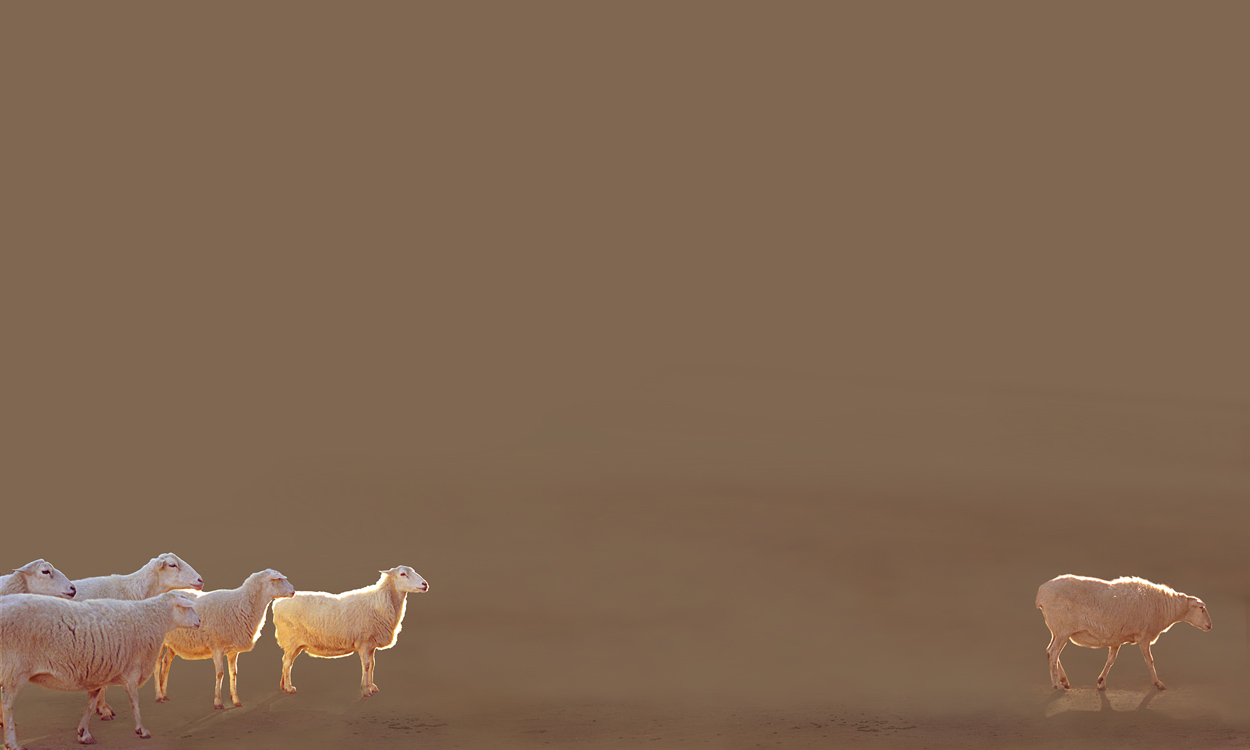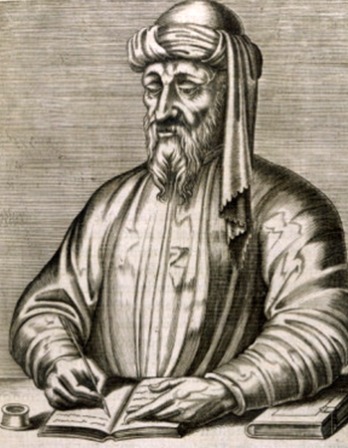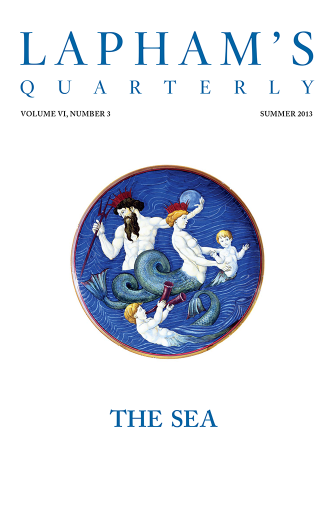October 19, 1870
Each person now receives one hundred grams of meat per day, the system of distribution being that everyone has to wait on an average two hours before he receives his meat at the door of a butcher’s shop. I dine habitually at a bouillon; there horseflesh is eaten in the place of beef, and cat is called rabbit. Both, however, are excellent, and the former is a little sweeter than beef, but in other respects much like it; the latter something between rabbit and squirrel, with a flavor all its own. It is delicious. I recommend those who have cats with philoprogenitive proclivities, instead of drowning the kittens, to eat them. Either smothered in onions or in a ragout they are excellent.
October 31
To turn for a moment to less serious matters. I never shall see a donkey without gratefully thinking of a Prussian. If anyone happens to fall out with his jackass, let me recommend him, instead of beating it, to slay and eat it. Donkey is now all the fashion. When one is asked to dinner, as an inducement, one is told that there will be donkey. The flesh of this obstinate but weak-minded quadruped is delicious—in color like mutton, firm, and savory. This siege will destroy many illusions, and among them the prejudice which has prevented many animals being used as food. I can most solemnly assert that I never wish to taste a better dinner than a joint of a donkey or a ragout of cat—trust me.
December 2
All the animals in the zoological gardens have been killed except the monkeys; these are kept alive from a vague and Darwinian notion that they are our relatives, or at least the relatives of some of the members of the government, to whom in the matter of beauty, nature has not been bountiful.
December 5
Almost all the animals in the Jardin d’Acclimatation have been eaten. They average about seven francs per pound. Kangaroo, however, has been sold for twelve francs per pound. Yesterday I dined with the correspondent of a London paper. He had managed to get a large piece of mouflon, an animal which is, I believe, only found in Corsica. I can only describe it by saying that it tasted of mouflon, and nothing else. Without being absolutely bad, I do not think that I shall take up my residence in Corsica, in order habitually to feed upon it.

“Untitled #14,” from New Animals, by Allison Hunter, 2007. Digital c-print, 30" x 50". © Allison Hunter, courtesy of the artist.
December 15
In the rue Blanche there is a butcher who sells dogs, cats, and rats. He has many customers, but it is amusing to see them sneak into the shop after carefully looking round to make sure that none of their acquaintances are near. A prejudice has arisen against rats, because the doctors say that their flesh is full of trichinae. For my part I have a guilty feeling when I eat dog, the friend of man. I had a slice of a spaniel the other day; it was by no means bad, something like lamb, but I felt like a cannibal. Epicures in dog flesh tell me that poodle is by far the best, and recommend me to avoid bulldog, which is coarse and tasteless.
January 6, 1871
Yesterday, I had a slice of Pollux for dinner. Pollux and his brother Castor are two elephants from the zoological gardens, which have been killed. It was tough, coarse, and oily, and I do not recommend English families to eat elephant as long as they can get beef or mutton. Many of the restaurants are closed owing to want of fuel. They are recommended to use lamps, but although French cooks can do wonders with very poor materials, when they are called upon to cook an elephant with a spirit lamp the thing is almost beyond their ingenuity. Castor and Pollux’s trunks sold for forty-five francs per pound; the other parts of the interesting twins fetched about ten francs per pound.
From Diary of the Besieged Resident in Paris. After working in the British diplomatic service for ten years, with postings in Washington, DC, St. Petersburg, and Constantinople, Labouchère in the 1860s was elected as a member of parliament, produced plays, and became a successful journalist. During the Franco-Prussian War, he wrote what became the entries in his Diary as missives sent to his lover Henrietta Hodson via balloon; they were first published in the Daily News. He died at the age of eighty in Italy in 1912.
Back to Issue






